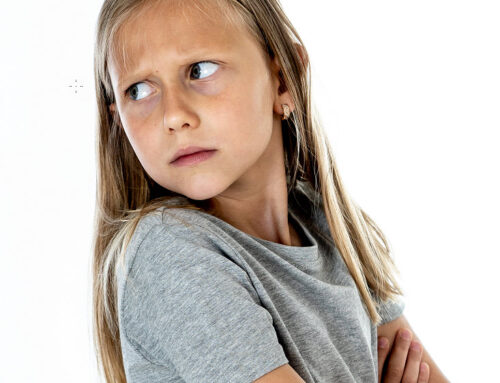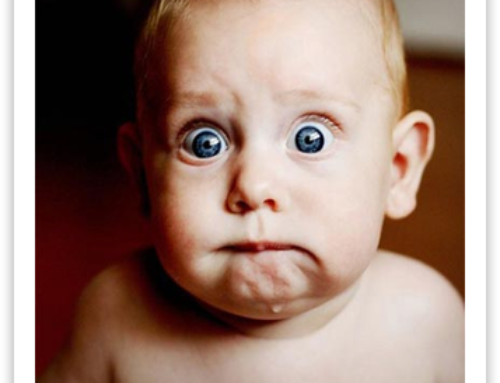A young girl’s mind is her greatest asset, not her clothing not how pretty she is, not even how long and beautiful her hair is.
When our friends, relatives or even the older lady in the supermarket comments, “Oh you’re just so pretty!” do we question if that is an appropriate comment? Should we continue to compliment our little girls?
We all say to our daughters, nieces or that cute little girl at the park or in the shop, how gorgeous or cute they are or how pretty they are, how beautiful your daughter is and how she will be a heart-breaker when older.
Is this causing damage to these girls? Compliments are conditioned into our culture automatically and we say them without thinking. It is a nice thing to say, and can help the child to feel special. We hear ongoing concerns about young girls having such self esteem issues, needing and demanding perfection as they believe this is what is important, external beauty, perfect clothing, even hair needing to be perfect.
We have created this while being complimentary. Do we really need to stop complimenting beauty? Well as long as there are Miss World, Miss Universe, pagents and all the other beauty competitions, I think Not. How then do we balance this compliment giving, without creating self-esteem issues? Telling a little girl “you’re a very strong and intelligent young lady” may be great however I do feel we need to balance it with personal beauty statements such as ‘you have the most beautiful hair (or eyes, or smile) something that is their personal external beauty.
The fact is we humans are always seeking to be beautiful and we all generally want to look good. Research has also shown that the cutest child is afforded far more chances to make an error and receives less consequences than the child less endowed with external beauty or cuteness.
Shocking as this is, it is what many or most of us naturally do. With our own children of course we should see them all as perfectly beautiful inside and out, however research shows this is not always the case. Many people have discussed this issue and while headway is being made, what is a person in the street suppose to say to the little girl as after all they do not know them so they are only seeing the surface beauty and this is what they are commenting or complimenting on. Mothers usually get their hair done, wear makeup, dress fashionable and try to feel and look beautiful. How can you not tell your little girl she is beautiful.
We need to mix it for a balance. Little girls love to feel beautiful; all women do regardless of age. It is human and we can’t remove human. Females live in a world promoting beauty; it is everywhere, every day. We see it on television, on computer games, Facebook adverts, movies, commercials, billboards, yet now we are saying to a little girl beauty is in your mind not how you look. Somewhat confusing don’t you think?
What we all need to do is proactively work towards building a complete picture of a girl and female, a picture we they feel comfortable with and one that does allow them to feel special, beautiful, loved, desired, strong and smart.
Continue to tell the little girl she is beautiful and mix it up with things such as
- your hair is so soft
- your eyes are so blue or deep or gorgeous
- you are very clever
- you speak so well or so clear
- you body is so fit and strong
- you dance so beautifully
- I love your voice (speaking or singing)
- You look gorgeous in that outfit
- Great choice of colour, looks really nice on you sweety
Enquire about what she likes to read, what she enjoys doing, maybe she is a brilliant little gymnast, singer, runner, bike rider.
Compliment her accomplishments and bring these to the forefront. Discuss how she loves and cares for her pet or animals, how she cares so much about people or her family and friends, so many things you can raise to compliment her on other than the way she looks externally.
Ask your little girl what it is she is thinking and what she feels about herself. Be curious about her words and do not accept her words believing you understand their meaning, as this is often incorrect.
The word love, hate, sad can mean something very different to a child compared to an adult, so ensure you ask her to explain what that word means to her. If we never compliment our little girls on things such as their beauty or looks then this will equate to major self-esteem issues in adolescent and adult life.
If we simply learn to balance the compliments, we are on the road to ensuring a more balanced child who will hopefully develop into a balanced adult. So compliment away I say, just ensure you balance the outside person with the inside attributes. We all need to hear something positive and a compliment is a great way to say it.
www.karenphillip.com.au






